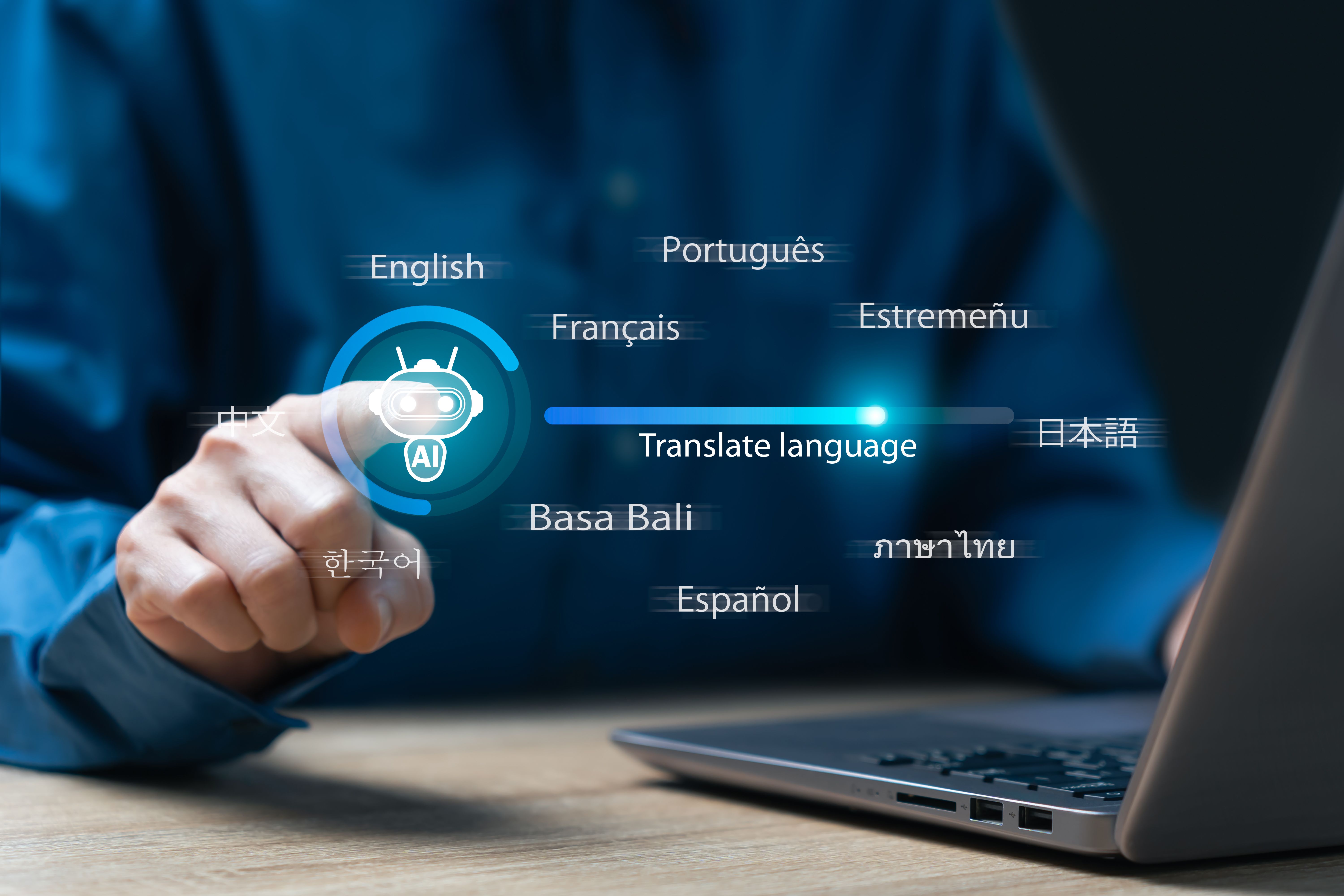Enhancing Translation: AI Solutions for Freelance Translators
Transforming the Translation Industry with AI
The translation industry is witnessing a significant transformation, largely driven by advancements in artificial intelligence. For freelance translators, leveraging AI solutions can significantly enhance their workflow, improve accuracy, and broaden their service offerings. As the global demand for multilingual content continues to grow, AI tools provide a competitive edge for translators seeking to meet these evolving needs.
AI-powered translation tools have moved beyond simple word-for-word translation. They now incorporate sophisticated algorithms and machine learning techniques that improve language accuracy and contextual understanding. This evolution enables translators to deliver high-quality translations more efficiently while focusing on the nuances and cultural context of the source material.

Benefits of AI for Freelance Translators
Improved Efficiency and Productivity
One of the primary benefits of AI solutions for freelance translators is enhanced efficiency. AI tools can automate repetitive tasks, such as glossary management and term consistency checks, allowing translators to focus on more complex aspects of their projects. This automation not only speeds up the translation process but also reduces the likelihood of errors.
AI-driven platforms can also help manage large volumes of work by quickly processing text and suggesting translations. This capability is particularly beneficial when dealing with tight deadlines or large-scale projects, enabling freelancers to take on more work without compromising quality.
Enhanced Accuracy and Consistency
AI solutions contribute significantly to improving translation accuracy. By utilizing natural language processing (NLP) and deep learning, these tools can comprehend context more effectively than ever before. They also ensure consistency across documents by maintaining uniform terminology and style, which is crucial for maintaining a consistent brand voice in corporate communications.

Integrating AI into Translation Workflow
Adoption of Translation Management Systems (TMS)
Translation Management Systems (TMS) equipped with AI capabilities are becoming a staple in the toolkit of modern translators. These platforms facilitate seamless project management, enabling translators to collaborate effectively, track progress, and ensure quality across multiple projects. TMS often include features like real-time collaboration, version control, and automated quality checks.
Utilizing Machine Translation Post-Editing (MTPE)
Another valuable application of AI in translation is Machine Translation Post-Editing (MTPE). This process involves using AI-generated translations as a starting point, which human translators then refine to ensure accuracy and quality. MTPE combines the speed of machine translation with the accuracy and cultural insight of human intervention, resulting in high-quality translations produced in less time.

The Future of Freelance Translation
Expanding Opportunities
The integration of AI into the translation industry opens new doors for freelance translators. As businesses continue to expand internationally, the demand for multilingual content is expected to increase. Translators who embrace AI tools will be better positioned to meet this demand and explore new markets.
Moreover, AI solutions can help freelancers diversify their skill set. By gaining proficiency in using these tools, translators can offer additional services, such as localization consultancy, quality assessment, and content adaptation tailored to different cultures and regions.
Embracing Continuous Learning
As AI technology continues to evolve, freelance translators must stay current with the latest advancements and trends. Continuous learning will not only enhance their expertise but also ensure they remain competitive in a rapidly changing industry. Online courses, webinars, and industry conferences are excellent resources for staying informed about new tools and techniques.
In conclusion, AI solutions are revolutionizing the translation industry, offering freelance translators unprecedented opportunities to enhance their capabilities and expand their business horizons. Embracing these technologies will not only streamline workflows but also empower translators to deliver superior quality translations in an increasingly interconnected world.